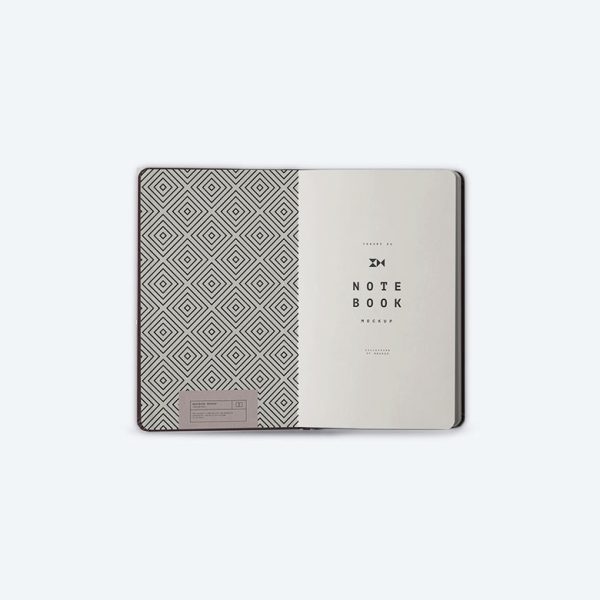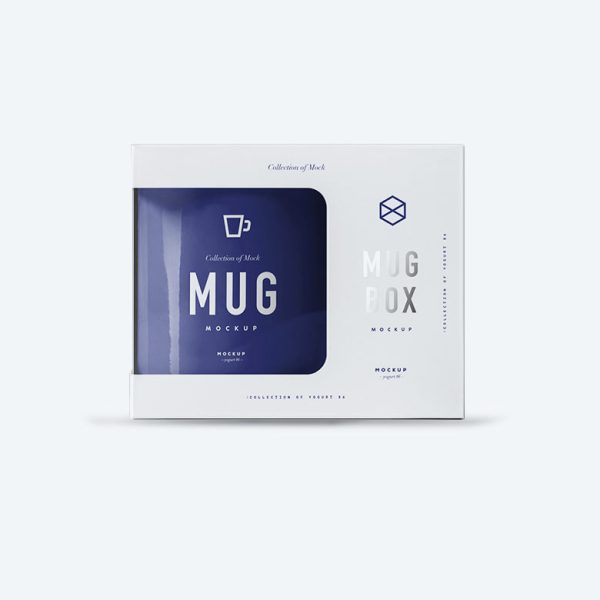ISO Certification for the Hospitality Industry: Enhancing Guest Experiences and Operational Excellence
In the hospitality industry, customer satisfaction, safety, and quality service are the cornerstones of success. With increasing competition and customer expectations, achieving ISO certification has become an essential step for hotels, restaurants, and other hospitality businesses to demonstrate their commitment to excellence.
This guide explores the importance of ISO certification for the hospitality sector, key standards, and how it benefits your business.
Why ISO Certification Matters for Hospitality Businesses
Hospitality businesses in Qatar and beyond are expected to meet stringent quality, safety, and environmental standards. ISO certification provides a framework to achieve these goals and offers the following advantages:
- Enhanced Customer Satisfaction: Consistent service quality leads to improved guest experiences and loyalty.
- Operational Efficiency: Streamlined processes reduce waste, errors, and costs.
- Compliance with Regulations: Certification ensures alignment with local and international hospitality standards.
- Global Recognition: ISO-certified businesses are perceived as trustworthy and credible, giving you an edge in competitive markets.
- Sustainability Practices: Demonstrates your commitment to environmental and social responsibility.
Key ISO Standards for the Hospitality Industry
- ISO 9001:2015 – Quality Management System (QMS):
Ensures consistent service quality by implementing robust management processes and customer-focused practices. - ISO 14001:2015 – Environmental Management System (EMS):
Helps hospitality businesses reduce their environmental footprint, manage resources responsibly, and promote sustainable tourism. - ISO 45001:2018 – Occupational Health and Safety Management System (OHSMS):
Ensures the safety of employees and guests by identifying and mitigating workplace hazards. - ISO 22000:2018 – Food Safety Management System (FSMS):
Critical for hotels, restaurants, and catering services to manage food safety risks and comply with hygiene regulations. - ISO 50001 – Energy Management System:
Supports energy efficiency, reducing operational costs and environmental impact. - ISO 27001 – Information Security Management System (ISMS):
Protects guest data and ensures compliance with data protection laws, a growing concern in the digital age.
Benefits of ISO Certification for the Hospitality Sector
- Improved Guest Satisfaction:
Certification ensures consistent service delivery, enhancing the overall guest experience. - Increased Revenue Opportunities:
ISO certification builds trust, helping you attract international guests, partners, and corporate clients. - Risk Management:
Identifies potential risks, from food safety issues to data breaches, and implements measures to mitigate them. - Sustainability Leadership:
By adopting environmental and energy standards, your business can promote eco-friendly tourism and attract environmentally conscious travelers. - Employee Engagement and Safety:
A certified health and safety system creates a safer work environment, improving staff morale and productivity.
Steps to Achieve ISO Certification for Hospitality Businesses
1. Identify Relevant ISO Standards
Determine which ISO certifications align with your business objectives. For example, a hotel may prioritize ISO 9001 for quality and ISO 22000 for food safety.
2. Conduct a Gap Analysis
Evaluate your current processes against the requirements of the selected ISO standard. Identify areas for improvement.
3. Develop and Implement Management Systems
- Establish policies and procedures to meet the standard’s requirements.
- Train employees to follow new processes and systems.
4. Perform Internal Audits
Regularly audit your management system to ensure compliance and identify areas for refinement.
5. Engage an Accredited Certification Body
Work with a recognized certification body to conduct an external audit. This typically involves:
- Stage 1 Audit: Reviewing your documentation and readiness.
- Stage 2 Audit: Assessing the implementation of your system on-site.
6. Achieve Certification
Upon successful audit, your business will receive the ISO certification.
7. Maintain Certification
Regularly update and improve your management system to comply with ISO standards and pass surveillance audits.
ISO Certification Success Stories in Hospitality
Many leading hospitality brands globally and in Qatar have achieved ISO certifications to enhance their reputation and operational efficiency. For example:
- Hotels implementing ISO 9001 have improved guest satisfaction scores.
- Resorts adopting ISO 14001 have significantly reduced waste and energy consumption.
- Restaurants certified under ISO 22000 have gained trust for their food safety practices.
ISO certification is a game-changer for the hospitality industry. It not only enhances your service quality and operational efficiency but also positions your business as a trusted and sustainable choice for guests.
As Qatar continues to grow as a global hospitality hub, ISO-certified businesses will have a competitive edge in attracting guests, meeting regulatory requirements, and driving long-term success.
Ready to elevate your hospitality business? Start your ISO certification journey today and set new standards of excellence!












No comment